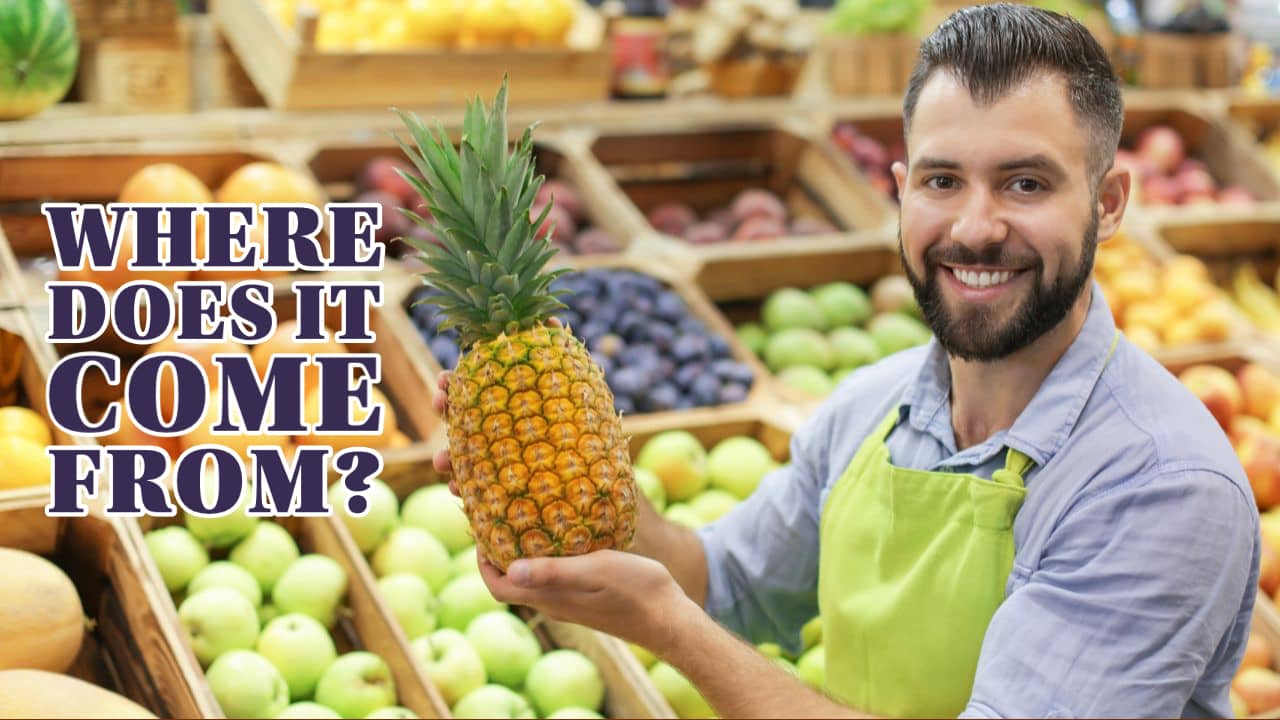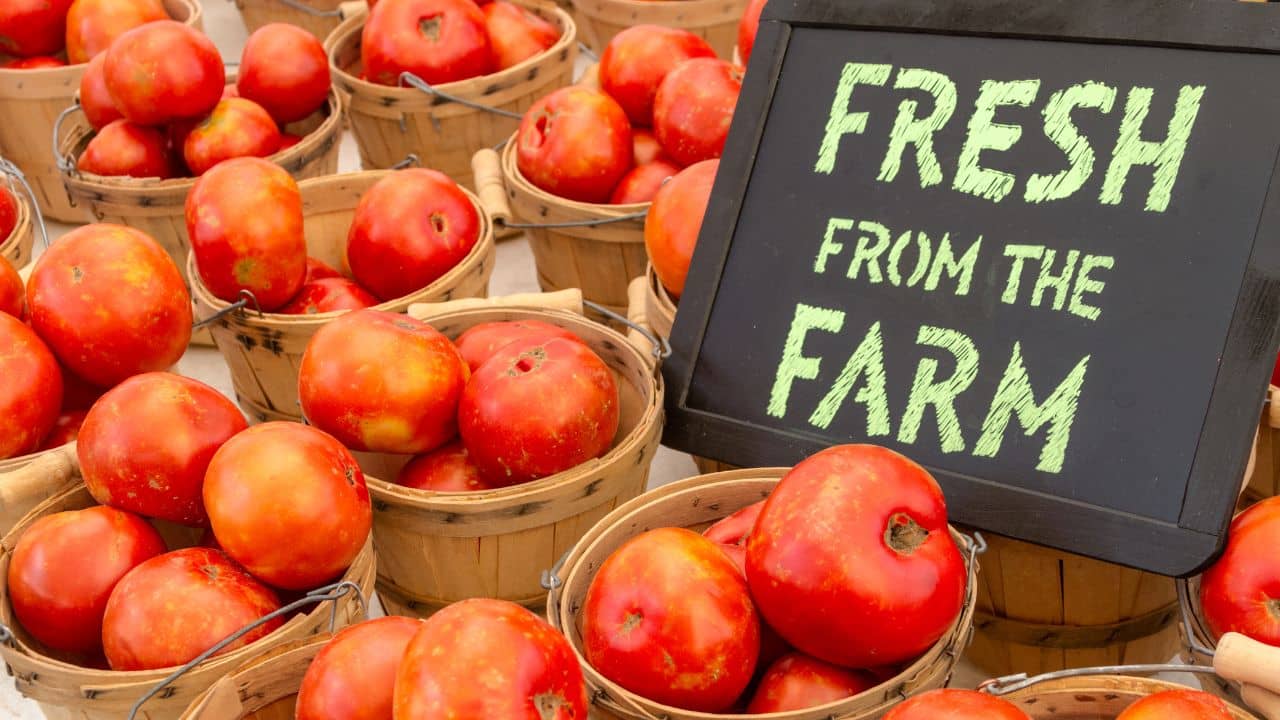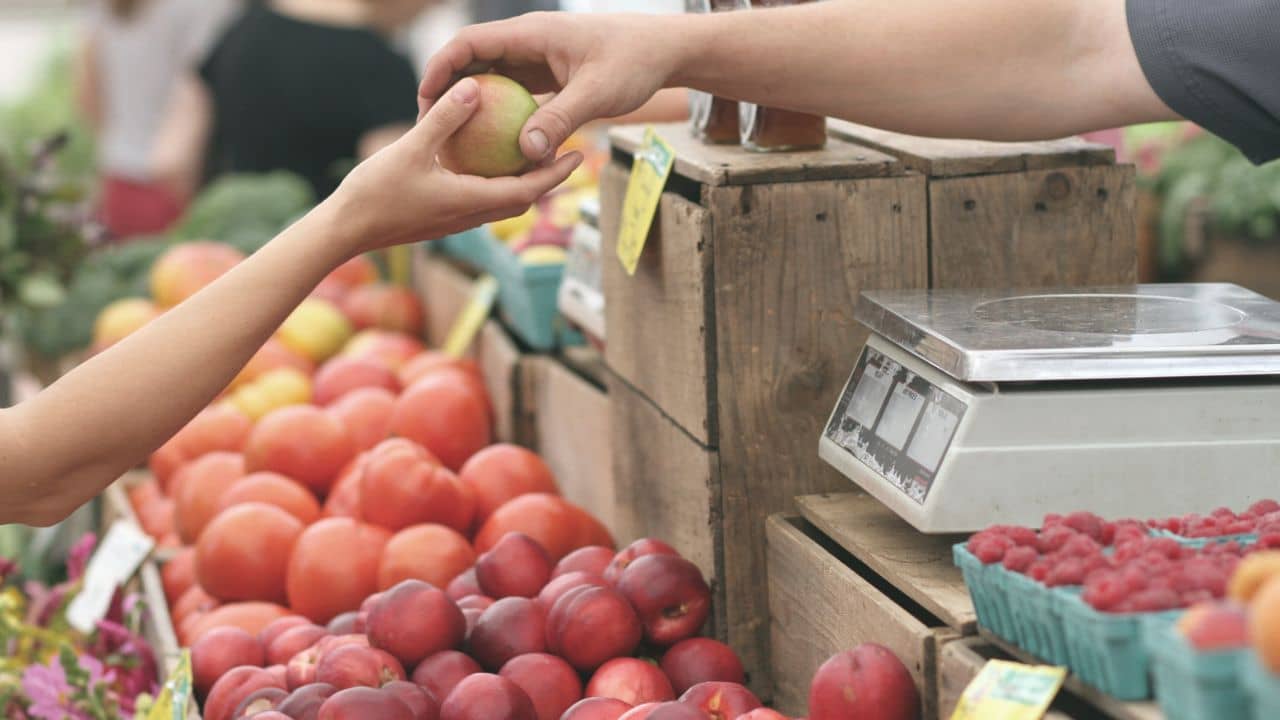
Food Importers Must Know: Country of Origin of Food
6-minute read
Importers of frozen food and their agents are reminded that the Origin of Food Regulations that apply to certain frozen food came into effect on 12 May 2023.
The Consumer Information Standards (Origin of Food) Regulations 2021 were passed by Parliament on 10 May 2021. The Regulations introduced mandatory origin disclosure for certain foods.
The purpose of the Regulations is to ensure New Zealand consumers have information about the origin of certain foods so that they can make informed purchasing decisions.
From 12 February 2022, businesses must disclose where certain fresh and thawed food comes from that they supply, offer, or advertise for supply to consumers in New Zealand.
From 12 May 2023, the Regulations also apply to frozen food in the below categories.
The requirement to disclose applies to cured pork products and single-ingredient fruit, vegetable, fish, seafood, and meat that is no more than minimally processed.
It does not apply to food sold for fundraising or food that is intended for immediate consumption (for example, at restaurants, takeaway shops etc).
These regulations apply to food supplied, offered or advertised for supply at retail (including on an internet site or by mail-out).
Origin of product labelling (or other means of disclosure) can occur after importation.

Q: What are the Regulations about?
A: The Consumer Information Standards (Origin of Food) Regulations 2021 (Regulations) require the disclosure of certain information for some fresh, thawed, and frozen food, as well as cured pork. The information must clearly identify the country or ocean in which the food was grown, raised, caught, or harvested.
Q: When do the Regulations come into effect?
A: The Regulations apply to fresh and thawed food from 12 February 2022 and to frozen food from 12 May 2023.
Q: What are the consequences of not complying with the Regulations?
A: Failure to comply with the Regulations is against the law because it breaches the Fair Trading Act 1986.
The Commerce Commission may issue an infringement notice to a trader requiring payment of a $1,000 infringement fee per offence.
For serious non-compliance, the Commission may choose to prosecute, and companies may be fined up to $30,000 for each offence. Individuals can be fined up to $10,000 for each offence.
Businesses are also reminded that it is an offence under section 13(j) of the Fair Trading Act to make a false or misleading representation concerning the place of origin of goods or services. This offence carries a much higher maximum penalty of $600,000 per breach for companies and $200,000 for individuals.
Q: What food items are covered by the Regulations?
A: The Regulations apply to fruits, vegetables, meat, finfish, and shellfish that are:
- of a single type (e.g., they do not apply to packets of mixed peas and corn)
- fresh, thawed, or frozen, and
- no more than minimally processed.
The Regulations also apply to cured pork and list specific food items in the definition of “fruit or vegetable”.
Q: What is fresh food?
A: A food is considered fresh if it has not been processed for the purpose of preserving it or extending the period during which it may be eaten.
However, the Regulations set out that some processes, such as refrigeration, chilling, surface treatment, vacuum sealing or blanching before freezing, do not prevent food from being “fresh”.
Surface treatment means applying a substance to the food’s surface without changing the food’s essential character, taste, or nutritional content.
Q: What is not fresh food?
A: Examples of processing that mean a food is not considered fresh include drying, curing, fermentation, pickling, smoking, reconstitution, preservation (in salt, sugar, or oil), canning, and cooking (but not blanching before freezing).
Q: What does minimally processed mean?
A: Minimally processed includes, for example, cutting, chopping, slicing, dicing, mincing, grating, mashing, juicing, blending, puréeing, filleting, deboning, shucking, peeling, shelling, washing, sanitising or irradiation.
Foods covered by the Regulations that have been through these processes will require country of origin disclosures.
Cured pork will always require country-of-origin disclosures.
Q: What does cured pork include?
A: Cured pork is defined in the Regulations as covering two types of processed pork products:
- Products described as bacon or ham that contain at least 30% of the products’ weight as pork flesh.
- Processed pork products that contain at least 66% pork flesh (by weight) and salt as a preservative. It may also include either nitrite or nitrate (or both) as preservatives. Examples of these include prosciutto and pickled pork.
The full definition of cured pork is set out in Regulation 8 of the Regulations.
Origin information for cured pork products is the country where the animal was raised, NOT where it was cured. For example, disclosure on ham might say made in New Zealand from Canadian pork.

Requirements for what information must be disclosed
Q: What origin information must be provided?
A: Any food items covered by the Regulations must disclose the following origin information:
- Fruit and vegetables – The country (or countries) where they were grown
- Meat and cured pork – The country (or countries) where the animals were raised
- Finfish and shellfish – The country (or countries) in whose national fisheries jurisdiction or oceans in whose high seas the items were caught or harvested
Q: Do I need to include the words grown, raised, caught, or harvested in my disclosure?
A: There are no prescribed phrases that must be included in the disclosure. The Regulations require that the disclosure must:
- Be in clear and legible text in English or Māori; and
- Enable a person to whom the item is supplied, offered or advertised to be informed of how the item relates to the country (or countries) or ocean (or oceans) disclosed.
The connection between the item and the country or ocean must be clear. Terms like grown, raised, caught, and harvested may assist in the description.
Q: Is it ok to only disclose the state or region the item is from?
A: No. The Regulations require the disclosure of the country or ocean – a region or state is not sufficient on its own.
Q: I am a New Zealand grower and my current packaging has my address, is this sufficient?
A: No. The disclosure must have the country name where the item was grown and make the connection between the item and the country clear.
Requirements for how information is disclosed
Q: How should the origin information be disclosed?
A: The information must be disclosed as clear and legible text in either English or Māori. The disclosure must make it clear how the origin information is related to the food.
Q: Are there specific requirements about the disclosure, such as the font colour, font size or specific phrases that must be used?
A: No. The Regulations do not prescribe exactly how to disclose the information, except that it must be as clear and legible text in either English or Māori.
There are no prescribed phrases that must be included (like ‘product of’) either.
The Regulations require that the connection between the item and the country or ocean must be clear. Using phrases such as “grown in” or “raised in” is one way to make the connection between the item and the country clear.

Q: Does the origin disclosure need to be on the product packaging?
A: Not necessarily. The Regulations require that the connection between the country or ocean of origin and the food item is clear.
Traders must ensure that the origin information is clearly disclosed near the food item. Where the food item is sold in-store, the information might be on the item or its packaging or on signs located next to the item.
Q: Do I need to make origin disclosures in advertising circulars or online?
A: Yes. When the food item is offered for sale or advertised for supply (where the offer or advertisement is not in the same place as the food item, for example, in a brochure or online), the origin disclosure must be included as part of the offer or advertisement.
Q: If I make origin disclosures online, do I need to repeat the disclosure when the item is supplied?
A: Not necessarily. If the offer for the supply of the item is accepted where the item is not located (for example, on a website) and it is supplied in accordance with the accepted offer, then the disclosure information does not need to be repeated when the item is supplied.
If the item is advertised online but also available in-store, the country of origin should still be shown in-store.
Q: Where on the packaging should the disclosure be placed?
A: There are no rules about where on packaging the disclosure should be, and some items may not be packaged.
The disclosure can also be made in one of the following ways: on the item, on labels, on signs next to items, or in similar ways. The Regulations require that the connection between the disclosure and the item is clear.
Q: Can I use an abbreviation like NZ or USA instead of the full country name?
A: The Regulations are silent about the use of abbreviations. The key consideration for the Commission is whether the country of origin is clearly communicated to consumers.
Well-known and recognised abbreviations may be acceptable, but abbreviations that consumers may not understand should be avoided.
Q: Can I put a map of the country the item is from instead of the country name?
A: No. The Regulations require the disclosure to be in text in English or Māori.
Special circumstances
Q: Do the Regulations apply to cafes, restaurants, or school fairs?
A: No. The Regulations do not apply when food is supplied, offered or advertised for supply at a fundraising event or for immediate consumption by a restaurant, cafeteria, takeaway shop, canteen, or similar place.
Q: Do the Regulations apply to caterers?
A: No. The Regulations do not apply when food is supplied, offered or advertised for supply by a caterer for immediate consumption.
The above information is intended as a guide only. Regulations can change without notice, and more information, detailed guidance, and questions about the Origin of Food Regulation for businesses are available on the Commerce Commission website.
Source: Commerce Commission New Zealand
P.S. Easy Freight Ltd helps New Zealand importers & exporters to save money on international freight and reduce mistakes by guiding how to comply with Customs and biosecurity rules.
➔ Contact us now to learn how we can assist you.
